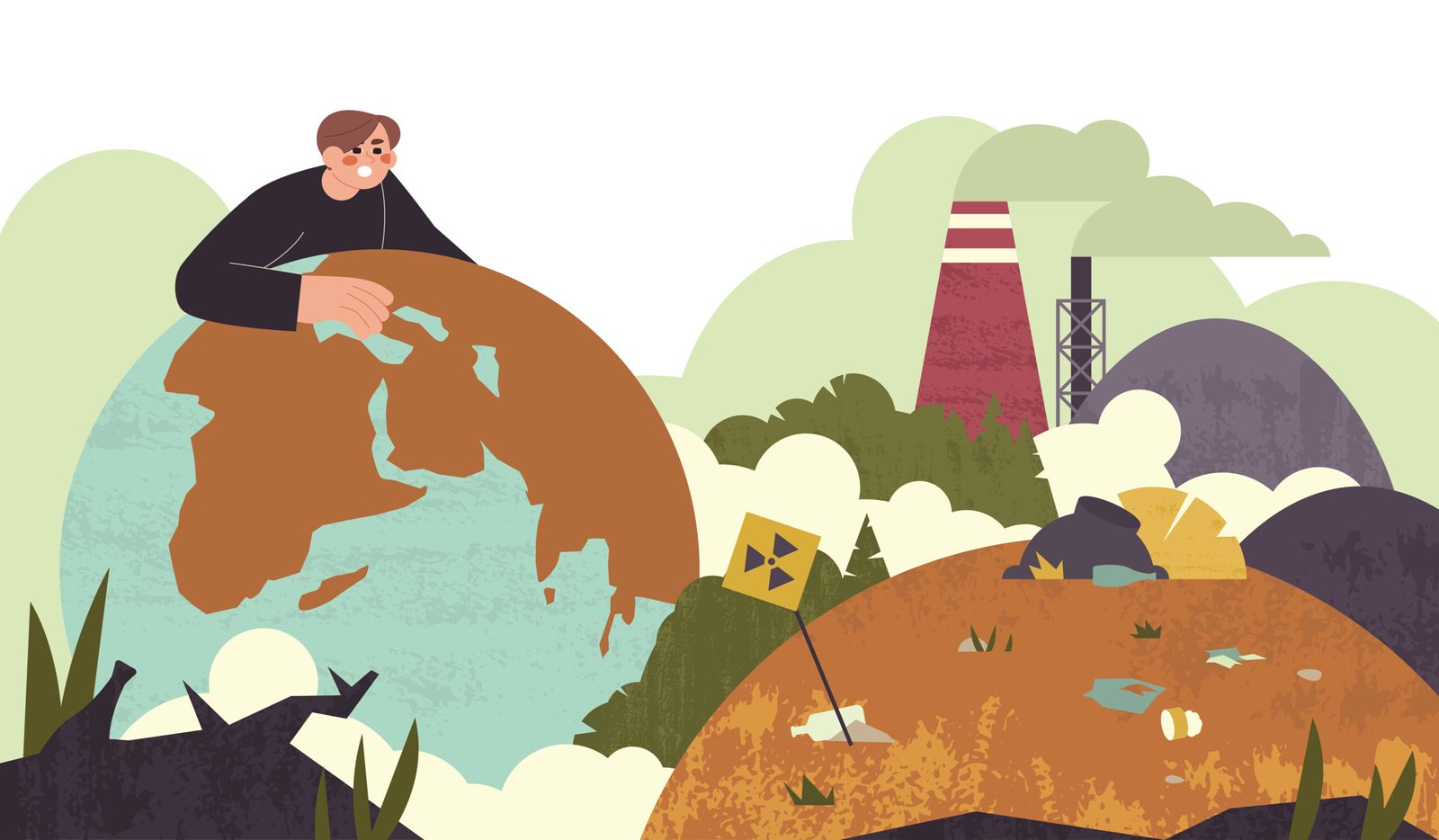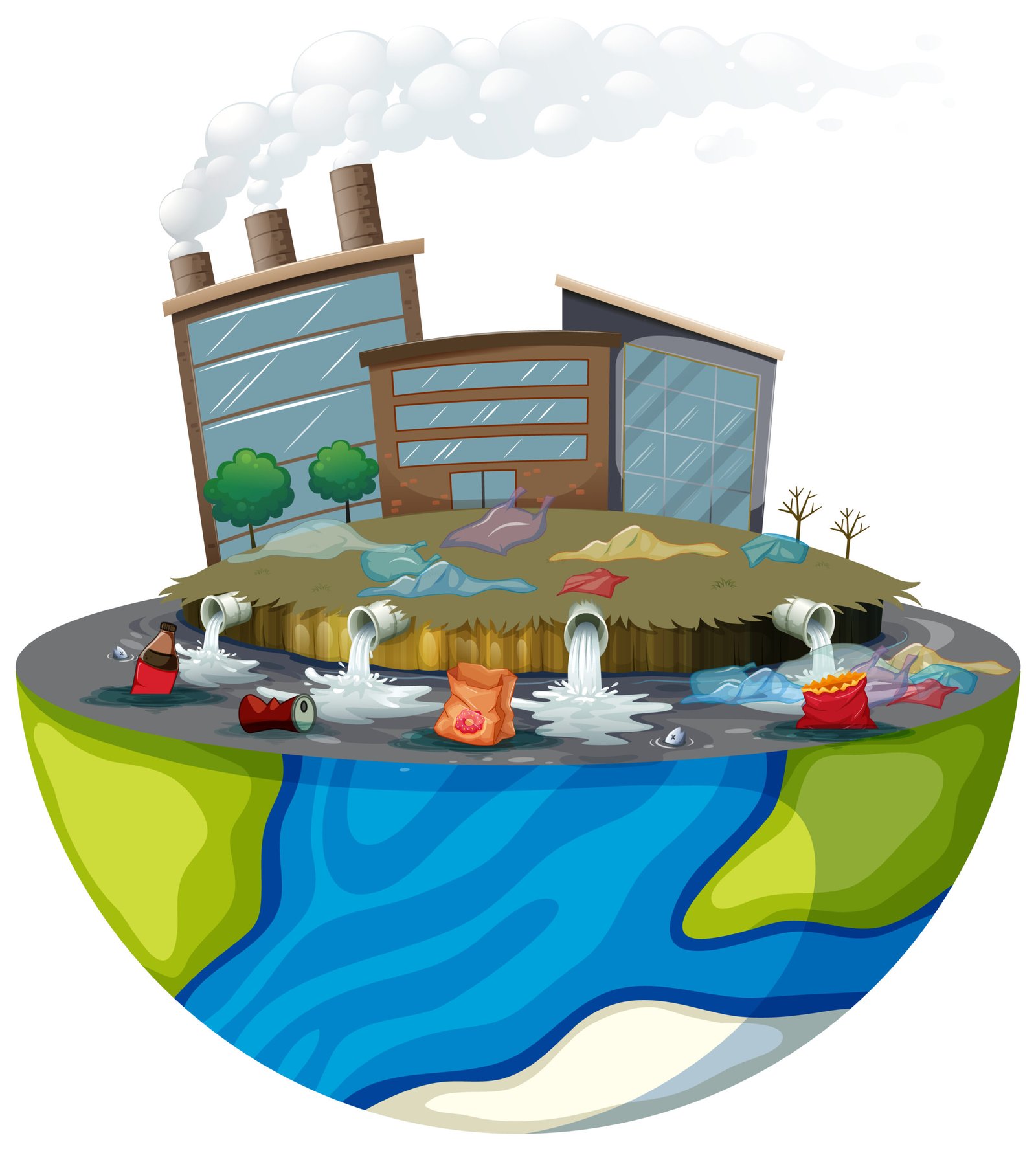We live in an age of folly unprecedented in human history. Never before has any civilization treated the natural world—upon which our very survival depends—with such casual disregard and contempt. The mistakes of our grandparents pale in comparison to the mounting crisis we have deliberately forged through our selfishness and shortsightedness.
Experts Warned us for Decades but we Refused to Listen
For decades, scientists and ecologists have warned that our unsustainable actions pose grave risks to our future well-being and stability. But their alarms fell on deaf ears as we pursued immediate comfort and hollow progress. Books such as Rachel Carson’s Silent Spring in 1962 and the 1972 Limits to Growth report made abundantly clear the damage being done, yet we dismissed their insights as alarmism. Even as harbingers like coastal flooding, devastating wildfires, and intensifying droughts manifested all around us, we still refused to curb excesses or reconsider our destructive orthodoxies.
Our Addictions to Plastic and Fossil Fuels Poison the Earth

Nowhere is our willful negligence clearer than in industries like plastics and oil extraction. We have become addicted to the conveniences these provide with no thought for consequences. As a result, our seas and soils now contain more plastic waste than fish, poisoning habitats and food chains. Meanwhile, the unchecked burning of hydrocarbons releases greenhouse gases that overheat the planet, acidify oceans, and generate ever-fiercer weather catastrophes. Switching to alternatives would incur modest discomforts, so we ignore even small steps and pretend disaster will not arrive on our watch. But arrive it will, with devastation no wealth or technology can shield us from if current trends continue.
Government Inaction Enables a Race to the Bottom
Of course, profligate individuals alone did not craft this mess—they required willing accomplices. Chief among the latter are governments that elevate ephemeral economic statistics over long term ecological health. By refusing realistic carbon pricing, permitting unfettered sprawl and industrialization, and generally failing to regulate self-interested corporations, representatives effectively outsource responsibility. This creates a “race to the bottom” where nations undermine each other for temporary competitive advantage at our collective peril. Until leaders find courage to prioritize sustainability over GDP, such counterproductive behaviors will continue escalating worldwide destruction.
Practical Steps for a Sustainable Reset
Clearly, drastic steps are now needed to avoid consequences far darker than even pessimists predict. But with resolve and cooperation, our situation remains reversible. Here are some practical policies that could enact an overdue reset:
- Enact carbon fees rising over time to internalize true environmental costs into the market. Use revenue for retraining and green infrastructure.
- Strict limits and phaseouts on single-use plastics along with incentives for reuse/recycling systems.
- Smart urban growth policies that concentrate new housing near existing jobs to minimize car dependency.
- Farm bill reforms that shift subsidies from commodity crops to regenerative agriculture sequestering carbon in soil.
- “Polluters Pay” principle ensuring industries fund cleanup of historic pollution sites.
- International treaties phasing out fossil fuel subsidies and setting enforceable emissions reduction timelines.
With concerted action, a future of sustainability is still within reach. But we must abandon folly for wisdom today, or our negligence will steal tomorrows from generations to come. The choice remains ours to make or delay – the consequences will be ours to face regardless.
Further Exploration:
- Silent Spring by Rachel Carson (1962): Groundbreaking book detailing impacts of agricultural pesticides like DDT and launching modern environmental movement. Still highly relevant today.
- Limits to Growth (1972): Influential Club of Rome report analyzing consequences of unchecked economic growth on planet’s finite resources. Accurately predicted many current ecological crises decades ago.
Tips for Citizens:
- Reduce single-use plastics and consumption generally through composting, reuse, repairing items, buying second-hand when possible.
- Contact representatives demanding climate and sustainability policies like carbon pricing, clean energy funding, pollution regulation. A groundswell of voices can shift political will.
- Support organizations and campaigns targeting systemic overhauls through divestment pressure, shareholder activism, demonstrations, and litigation when needed. Individual action alone will not turn the tide.
Here are a few other influential books and reports that provide important insights into the ecological crisis:
- Silent Spring Institute (various reports): This organization has produced numerous significant studies examining issues like endocrine-disrupting chemicals, pesticides, plastic pollution, and their health impacts.
- Drawdown by Paul Hawken (2017): A Comprehensive Look at the 100 Most Substantial Solutions to Global Warming, with Modeling of Impacts and Feasibility. An important resource for practical mitigation strategies.
- The Sixth Extinction by Elizabeth Kolbert (2014) – Pulitzer Prize-winning investigation into ongoing mass extinction event and role of human activity like climate change, habitat destruction, overconsumption. Sobering account of ecological threat.
- Merchants of Doubt, by Naomi Oreskes and Erik Conway (2010) Revealing history of how fossil fuel industry campaigns emulated tobacco PR tactics to confuse the public on climate science and derail action. Shows the need for transparency in corporate lobbying.
- Soil Health by Gabe Brown (2019) is an inspirational primer on regenerative ranching techniques such as sequestering carbon through perennials,cover crops, mob grazing, and building soil organic matter. Offers a vision of sustainability through natural methods.
- The Uninhabitable Earth by David Wallace-Wells (2019) Accessible yet rigorously researched portrait of climate change consequences under different warming scenarios. Clarifies the stark stakes of policy inaction.
In Summary:

We stand at the precipice of our own creation. Continued negligence will guarantee severe consequences for untold generations to come. But with courageous leadership and cooperation across borders, a sustainable future remains within our grasp. The fate of Earth’s life support systems and our place within them remains unsettled. The next few critical years and decisions will determine whether we finish hastening ecological collapse or embark on the difficult path of remedy. The choice is stark: act now or face the folly of our legacy.




Leave a Reply